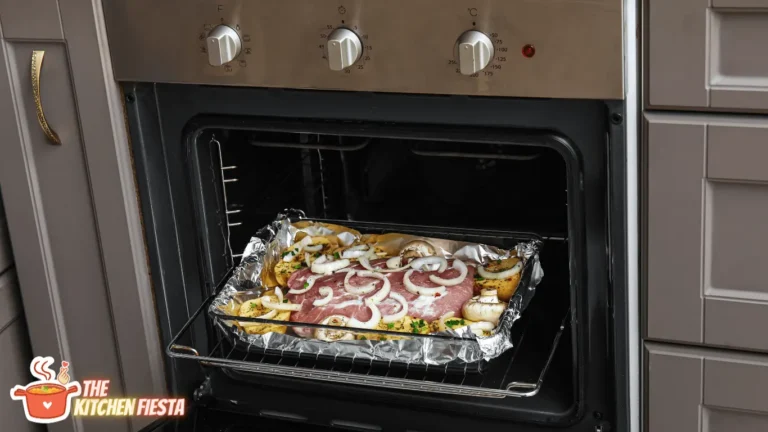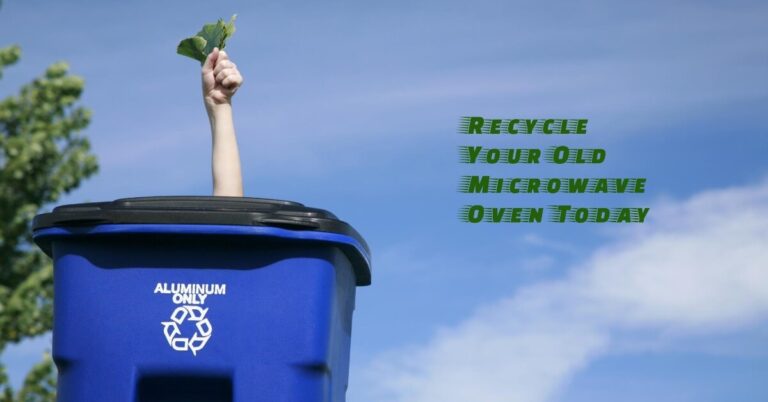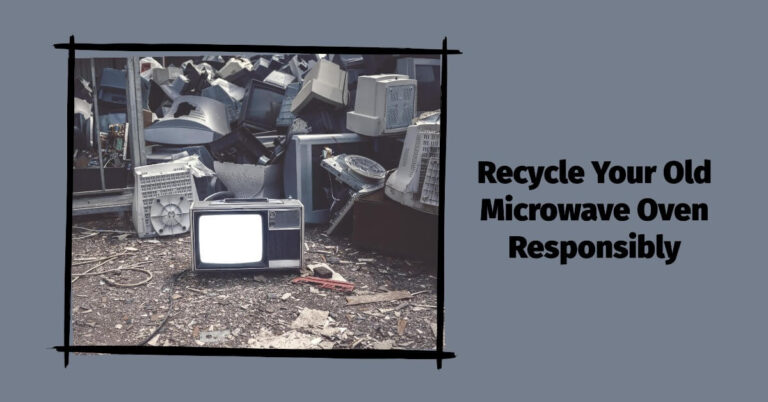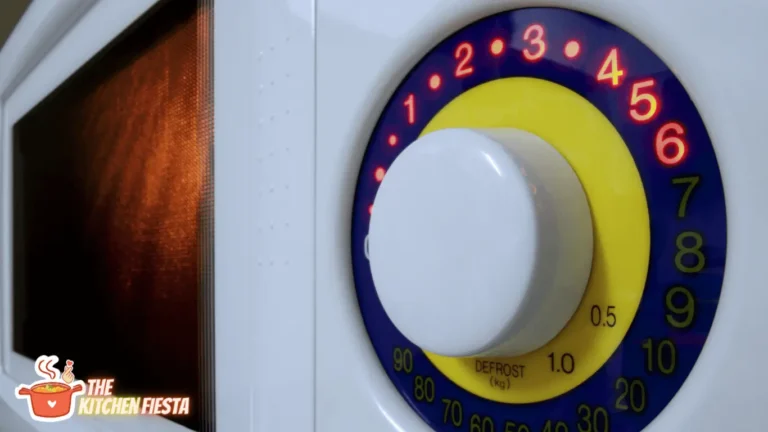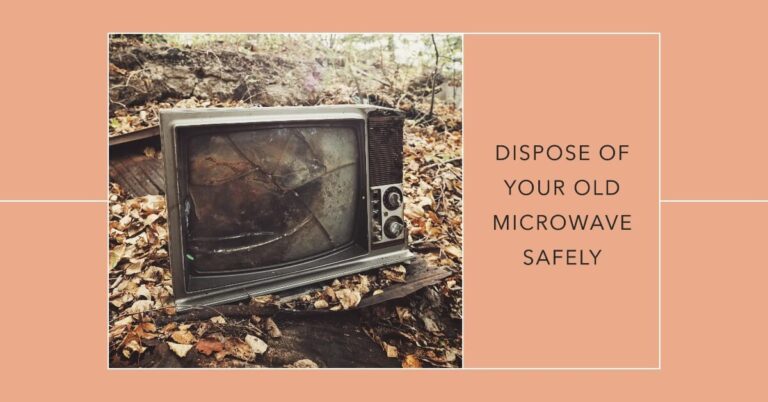What Is A Kosher Oven? Understanding the Basics
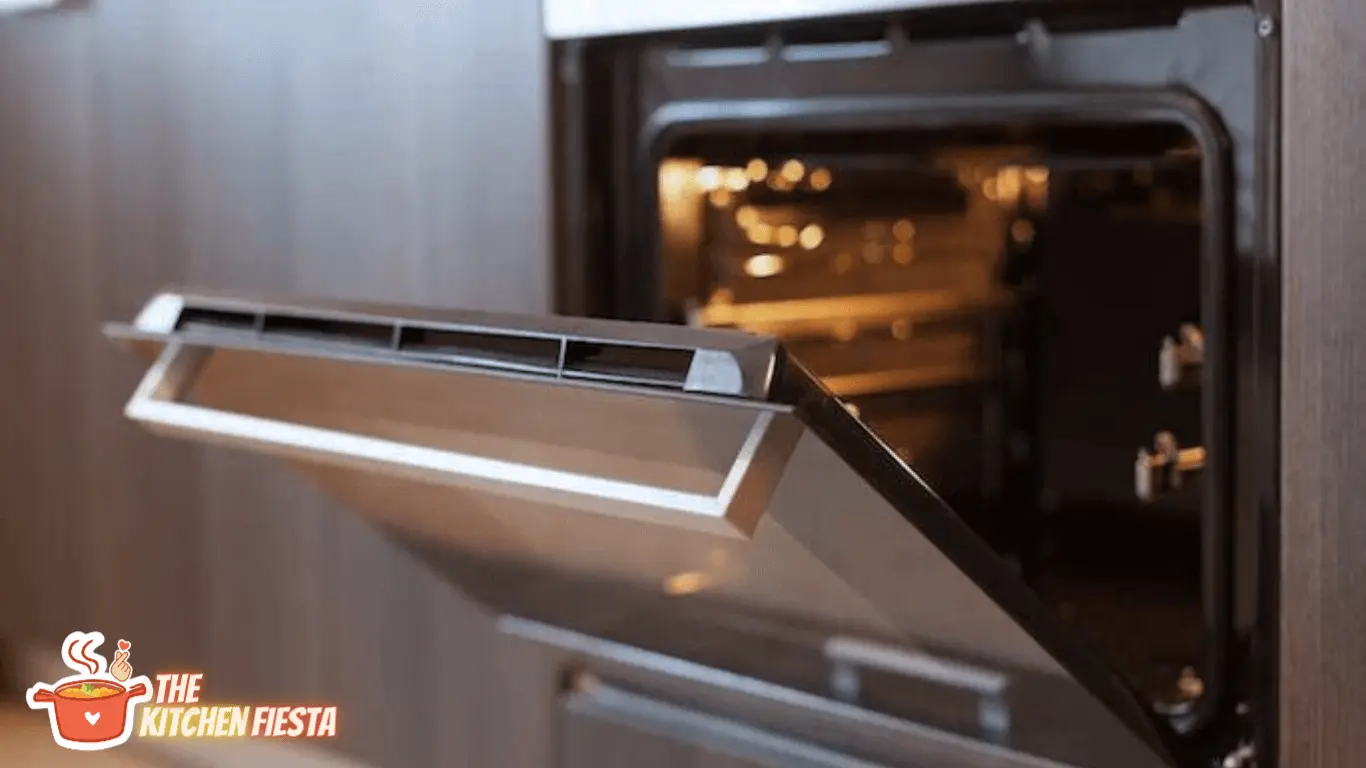
A kosher oven is a type of oven that adheres to Jewish dietary laws, also known as kashrut. These laws dictate what foods may and may not be eaten and how those foods must be prepared and cooked. A kosher oven has been properly cleaned and prepared to ensure it can cook kosher foods.
To make an oven kosher, it must undergo a process called kashering. This process involves removing non-kosher residue from the oven, such as grease or food particles, and then heating the oven to a high temperature to burn off any remaining residue. Depending on the type of oven, kashering may involve using a self-cleaning function or a blowtorch. Once the oven has been kashered, it can cook kosher foods.
What is a Kosher Oven?
A kosher oven is an oven that is designated to be used for cooking or baking only kosher food. In Jewish dietary laws, kosher food refers to food prepared and consumed according to the Jewish law. The kosher oven is an essential appliance in a kosher kitchen, where the separation of meat and dairy is strictly observed.
Kosher Regulations
To be considered kosher, an oven must be cleaned and kashered, purifying the oven to remove any non-kosher residue. The kashering process varies depending on the type of oven. Still, it usually involves heating the oven to a high temperature to burn off any non-kosher residue.
Kosher Oven Features
Kosher ovens are designed to have separate compartments for meat and dairy so that there is no cross-contamination between the two. Some kosher ovens have a Sabbath mode, which allows the oven to be used on the Sabbath without violating Jewish law. In Sabbath mode, the oven is preheated before the Sabbath and remains on for the entire day, but the temperature cannot be adjusted or turned off.
Types of Kosher Ovens
There are two main types of kosher ovens: self-cleaning and non-self-cleaning. Self-cleaning ovens are easier to kasher because they have a high-temperature cleaning cycle that burns off non-kosher residue. Non-self-cleaning ovens require a more thorough kashering process, which involves cleaning the oven, removing the oven racks and heating elements, and using a blowtorch to burn off any non-kosher residue.
How Does a Kosher Oven Work?
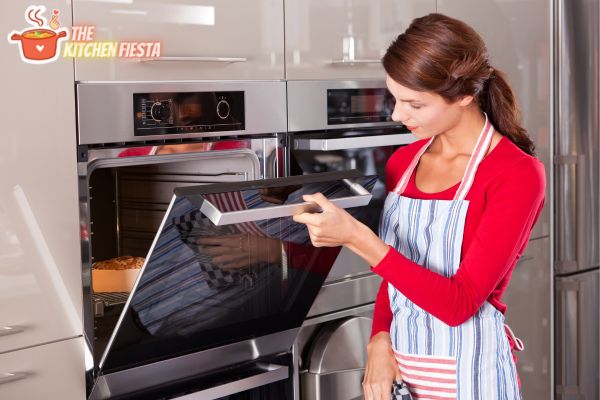
A kosher oven is an oven that has been properly cleaned and prepared for cooking, following Jewish dietary laws. Making an oven kosher involves removing any non-kosher residue that may be present and then treating the oven with heat to purify it.
The exact process of making an oven kosher can vary depending on the type of oven and the specific requirements of the Jewish community. However, some general guidelines can be followed.
One common method of koshering an oven is to clean it thoroughly and then heat it to a high temperature. This can be done using the oven’s self-cleaning function or by leaving it on for an extended period at its highest temperature setting. The heat is intended to burn away any non-kosher residue that may be present and to purify the oven.
Another method of koshering an oven involves using a blowtorch to remove any non-kosher residue that may be present. This method is typically used for ovens that cannot be self-cleaned or require a more thorough cleaning process.
In addition to cleaning and purifying the oven, it is also important to ensure that any cookware or utensils used in the oven are kosher. This may involve treating the cookware with heat or boiling it in water to remove non-kosher residue.
Benefits of a Kosher Oven
1. Religious Significance
A kosher oven is essential for those who follow Jewish dietary laws. The oven is designated for meat or dairy, and foods of the designated sort can be cooked in any manner. This provides a practical means of preparing dairy and meat foods in a single oven. The religious significance of having a kosher oven is that it allows individuals to follow dietary laws in a convenient and practical way.
2. Health and Safety Benefits
In addition to the religious significance, a kosher oven has health and safety benefits. When using a kosher oven, one can be sure that there is no cross-contamination between meat and dairy products. This is important for individuals with dietary restrictions due to health concerns or allergies. Following the proper koshering procedures, the oven is thoroughly cleaned and sanitized, reducing the risk of foodborne illness.
Using a kosher oven also ensures that the prepared food is of high quality. The oven is cleaned regularly and free of residual food particles or grease. This ensures that the cooked food is not contaminated with unwanted flavors or odors.
Another benefit of a kosher oven is that it promotes mindfulness and intentional cooking. When using a kosher oven, one must know what foods are being cooked and how they are prepared. This encourages individuals to be more mindful of their food choices and make intentional decisions about what they consume.
Kosher Oven Maintenance
Cleaning and Care Tips
Maintaining a kosher oven is essential for keeping it in top condition. Regular cleaning and care help prevent issues and ensure the oven remains kosher. Here are some cleaning and care tips to keep in mind:
- Clean the oven regularly to remove any food debris, grease, or other residue that may affect its kosher status.
- Use only kosher cleaning products to avoid any contamination.
- Avoid using abrasive cleaners or scrubbers that can damage the oven’s surface.
- Check the oven’s seals and gaskets regularly to ensure they are in good condition and free from any cracks or tears.
- Replace any damaged or worn parts immediately to prevent issues.
Common Issues and Troubleshooting
Even with regular maintenance, kosher ovens can develop issues that require troubleshooting. Here are some common issues and tips for resolving them:
| Issue | Solution |
|---|---|
| Oven not heating up | Check the power supply and ensure the oven is properly plugged in. If it still doesn’t heat up, check the heating elements and thermostat. |
| Uneven cooking | Check the oven’s temperature and ensure it’s calibrated correctly. Also, check the oven’s racks to ensure they’re properly placed and not blocking the heat flow. |
| Smoke or burning smells | Check the oven’s interior for any food debris or residue that may be burning. Also, check the oven’s seals and gaskets for any damage or wear. |
| Oven door not closing properly | Check the oven’s hinges and seals for any damage or wear. Also, check the door latch to ensure it’s properly aligned. |
Conclusion
Overall, a kosher oven is essential for those who follow Jewish dietary laws, and understanding the proper procedures for kashering an oven is essential. A kosher oven must be free of any meat or dairy residue and cannot be used for both. If an oven has been used for non-kosher food, it must be kashered before use for kosher food. The kashering process involves thorough cleaning and high-temperature heating to remove any remaining non-kosher residue. However, the process can vary depending on the type of oven and level of contamination, and consulting with a knowledgeable authority may be necessary.
FAQs
Can a non-kosher oven be used to cook kosher food?
Yes, a non-kosher oven can be used to cook kosher food if the food is double-wrapped. This is because the food does not come into direct contact with the oven. Therefore the kosher integrity of the food is not compromised.
Can a kosher oven be used to cook non-kosher food?
Utilizing a kosher oven for preparing non-kosher food is not recommended due to the possibility of the oven retaining non-kosher tastes that may subsequently contaminate kosher food cooked inside it.
Can a kosher oven be used to cook both meat and dairy?
No, a kosher oven should not be used to cook both meat and dairy. To maintain kosher standards, it is best to use separate ovens for meat and dairy. If only one oven is available, it can be koshered between uses, but this process can be lengthy and should be done under the guidance of a rabbi.
Can a self-cleaning oven be koshered?
Yes, a self-cleaning oven can be koshered. The oven should be cleaned according to the manufacturer’s instructions and then heated to the highest temperature for an hour to kasher it.
Can a non-self-cleaning oven be koshered?
It is possible to make a non-self-cleaning oven kosher, but the procedure requires more effort and should be carried out with the assistance of a rabbi. Generally, the process involves thoroughly cleaning the oven, heating it to the highest temperature for a prolonged period, and utilizing a blowtorch to eliminate any remaining non-kosher substances.

